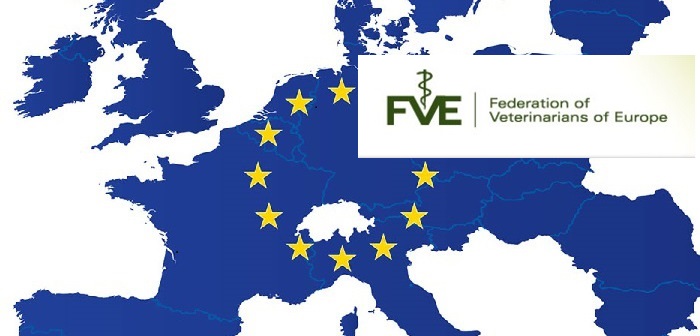The results of a Europe-wide survey of pig castration attitudes and methods has confirmed that the UK industry remains way ahead of most other countries.
While surgical castration is prohibited in the UK by the RSPCA and by the leading quality assurance schemes, the practice remains common throughout much of Europe according to new survey findings published by the Federation of Veterinarians of Europe (FVE).
“In most countries male pigs are still being surgically castrated, with only in Ireland, UK and Spain, are less than 20% of pigs being castrated,” it is stated. “This has been traditionally the case for those three countries as they slaughter at lower slaughter weight.
“Belgium, France, Germany and the Netherlands reported castrating 20-80% of male pigs. In these four countries, the number of entire males has gone up significantly.
“Raising entire males was also reported to be increased, although to a smaller degree, in Austria, Czech, Denmark, Finland, Iceland, Portugal and Switzerland.
“The other countries reported almost no change in the number of male pigs being castrated.”
The survey also examined the use of analgesia and/or anaesthesia in relation to surgical castration, noting that such an approach was “in violation” of a European declaration dating from January 2012.
Despite this, the survey found that castration without any pain relief was “still common” in Belgium, Estonia, Slovakia, Slovenia, Latvia and the Netherlands. In these countries, in fact, it was found that more than 50% of male pigs are still castrated without any anaesthesia or analgesia.
“The deadline of January 1, 2012 has not been met,” concluded FVE. “We are still far from all castrated piglets being treated with prolonged analgesia and/or anaesthesia, while the applied methods are not mutually recognized. Analgesia alone is used in many countries, but this does not alleviate sufficiently the pain and stress involved with piglet castration. Commonly agreed and effective protocols should be developed. Immunocastration, as one of the most animal-welfare-relevant methods, should be taken seriously considered.”
The federation pointed out that the European Declaration, signed in 2010, included the aim of abandoning surgical castration by January 1, 2018.
“We are now two years before the due date and far from the aimed goal,” it said. “In order to phase out surgical pig castration by 2018, this should now become a top priority of all those involved.”




